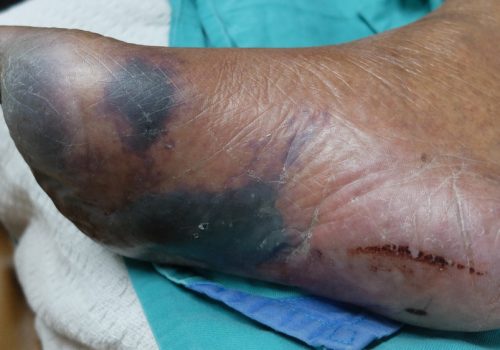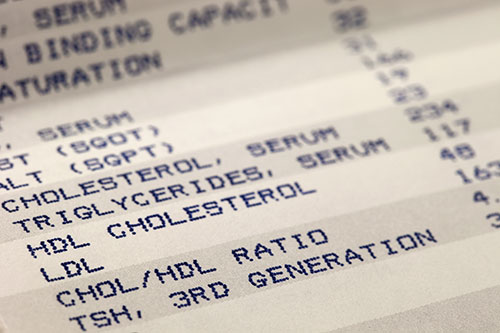Encouraging results from an exploratory analysis of data from the PROMINENT trial showing that the potent and selective PPARα modulator, pemafibrate, reduced diabetic lower extremity ulceration and gangrene by 37% have been published in the Journal of the American College of Cardiology.1
Akiro Endo, discoverer of statins, remembered
Dr Jonathan Tobert, University of Oxford, UK, recalls the landmark statin research by Dr Akira Endo that has saved countless lives. Akira Endo, the Japanese scientist universally recognised as the discoverer of statins, died on June 5 at the age of 90. The medical importance of his discovery is arguably comparable with Fleming’s discovery of […]
Plozasiran topline results show promise in familial chylomicronaemia syndrome
Topline data from the Phase 3 PALISADE study (NCT05089084) in patients with familial chylomicronaemia syndrome (FCS) have shown that the apolipoprotein C3 (APOC3) inhibitor, plozasiran, significantly reduced median TG levels by up to -80% at month 10, with mean reductions in APOC3 of up to -94%.
Triglyceride metabolism and mortality: What is the link?
Higher rates of triglyceride metabolism have recently been linked to increased all-cause, cardiovascular, cancer, and other mortality, but what does it mean for practising clinicians? Professor Børge G. Nordestgaard (University of Copenhagen, Denmark) discusses the new findings and their potential implications.
Volanesorsen meta-analysis shows acute pancreatitis decrease in hypertriglyceridaemia
Volanesorsen reduces acute pancreatitis in patients with severe hypertriglyceridaemia, according to results of a fixed-effects meta-analysis of individual patient data from three randomised, controlled trials that included patients with a TG level of >500 mg/dL (5.6 mmol/L).1-3 Of the 207 patients in the analysis, reported in the New England Journal of Medicine, 121 received volanesorsen […]
Should TG cut-off for CV risk be lower?
A lower than conventional prognostic cut-off value for TG for CV events has emerged from an analysis of data from a large regional Italian cohort of 14,189 patients aged 18-95 years followed up for 11.2 (5.3-13.2) years. A conventional cut-off value for TG (150 mg/dL [1.7 mmol/L]) and prognostic cut-offs identified from a receiver operating characteristic […]










